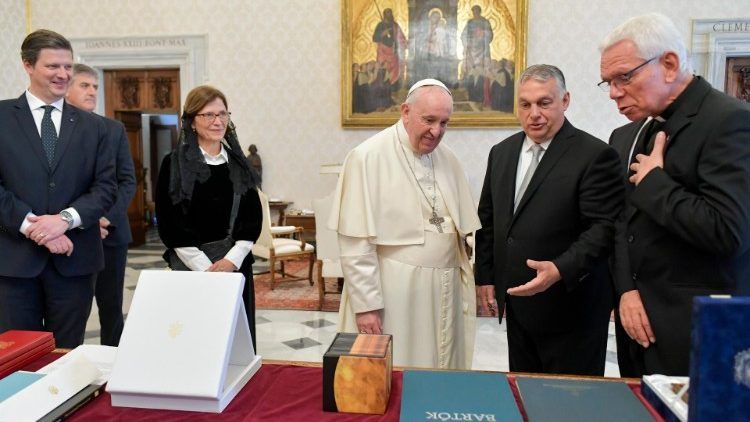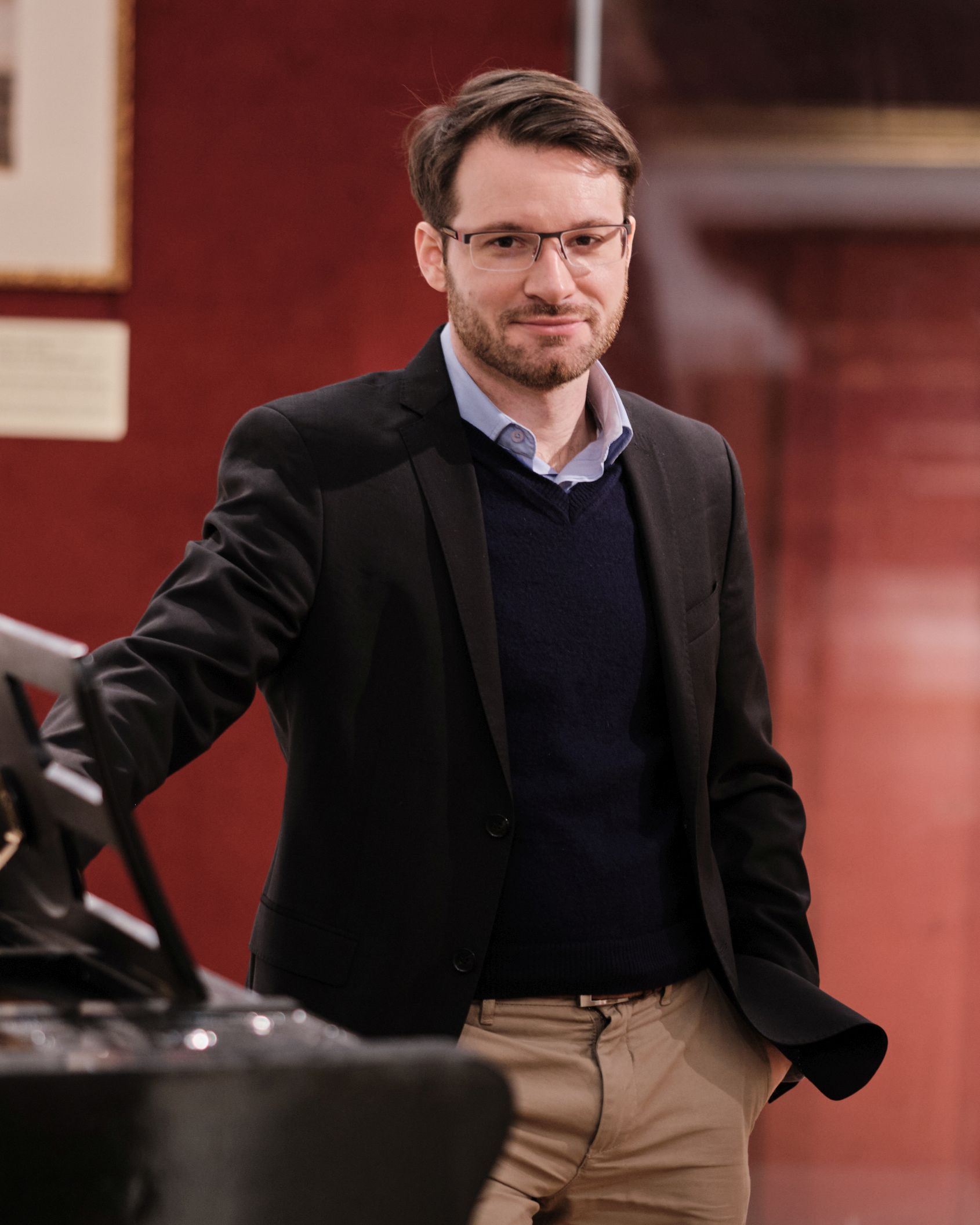|
A Zenetudományi Intézet vezetése az újabb átszervezéssel kapcsolatban teljes mértékben egyetért az MTA Zenetudományi Bizottság ez ügyben kiadott állásfoglalásával: A magyar zenetudományi kutatás intézményes kezdetei, Bartók Béla és Kodály Zoltán úttörő és nemzetközi jelentőségű népzene-rendszerezői tevékenysége révén, a Magyar Tudományos Akadémiához kötődnek. A Magyar Tudományos Akadémia alapította azt a két műhelyt – a Népzenekutató Csoportot és a Bartók Archívumot –, amelyből később az MTA Zenetudományi Intézete létrejött. A jelenleg a Bölcsészettudományi Kutatóközpont Zenetudományi Intézetében őrzött és gondozott, a nemzeti kulturális örökség részét képező nagy zenei gyűjtemények – a Bartók Archívum, a Népzenei és Néptánc Archívum, a 20–21. Századi Magyar Zenei Archívum és a Zenetörténeti Múzeum – a Magyar Tudományos Akadémia tulajdonában állnak, és ezeknek a kivételes értékű gyűjteményeknek méltó őrzőhelye a szintén MTA tulajdonú Erdődy-Hatvany palota. A Zenetudományi Intézetnek az Eötvös Loránd Tudományegyetemhez való csatolása minden ésszerű elgondolásnak ellentmond, és semmiféle történeti vagy praktikus érv nem szól mellette. Az MTA Zenetudományi Bizottsága üdvözli az MTA Elnöksége 2025. június 24-i állásfoglalását, amely szerint az MTA a megfelelő működési költségek és bérek biztosítása esetén kész átvenni a HUN-REN-ről leválasztott négy kutatóközpontot, a hazai nemzeti kutatások letéteményeseit: ezen intézmények, köztük a Zenetudományi Intézet finanszírozásának azonnali rendezése és hosszútávú biztosítása, a nyugodt munkakörülmények megteremtése nemcsak a magyar tudományosság, de a nemzet érdeke. A Zenetudományi Intézet gyűjteményeinek működtetését, kutatási eredményeinek a nemzeti kultúrába való szerves beépülését és kiemelkedő nemzetközi elismertségének fenntartását csak a Magyar Tudományos Akadémia biztosíthatja.
|
HAS Institute for Musicology of the Research Centre for the Humanities
Website: http://zti.hu/index.php/hu/mzt
The Institute of Musicology has three functions (research, archiving of national collections, and organization of scholarly events), its task is research into the history of music of historical Hungary, the publishing of sources, and formulation historical summaries. This project is part of our ongoing research and would orient it, through institutional contacts, toward other current projects in the region on a similar topic, thus helping to mitigate the commonly known pitfalls of national historiographies. 19th-century music history research has been a project of the Department for Hungarian Music History of the Institute for Musicology for several decades. After numerous publications, with the outset of the critical edition Ferenc Erkel Operas (1998) the research activities on musical theatre were renewed, too. The realization of this project is facilitated by the fact that it is part of a NRDIO project on processing the National Theatre’s and playbills carried out by the staff of the Department for Hungarian Music History.
 |
Lili Békéssy, Research Assistant, Junior Research Fellow, Department for Hungarian Music History of the Institute for Musicology, Research Centre for the Humanities, Hungarian Academy of Sciences, and PhD student at the Liszt Ferenc University for Music, Musicology (supervisor: Katalin Kim Szacsvai). Her doctoral thesis in preparation deals with the musical institutions and places of music in Pest-Buda from 1849 to 1867, in which the Pest National Theatre and its musical repertoire in connection with the cultic celebrations has a central place. |
|
 |
Pál Horváth, Research Assistant, Department for Hungarian Music History of the Institute for Musicology, Research Centre for the Humanities, Hungarian Academy of Sciences, and PhD student at the Liszt Ferenc University for Music, Musicology (supervisor: Katalin Kim Szacsvai). In his doctoral thesis in preparation he analyses the Hungarian operas written for the National Theatre between 1837 and 1884 dealing with authors, genres, and performance practice. |
|
 |
Zsolt Vizinger Research Assistant. Department for Hungarian Music History of the Institute for Musicology, Research Centre for the Humanities and PhD student at the Liszt Ferenc Academy of Music, Musicology. His doctoral thesis in preparation deals with chamber music in Pest-Buda at the end of 19th-century. |
|












